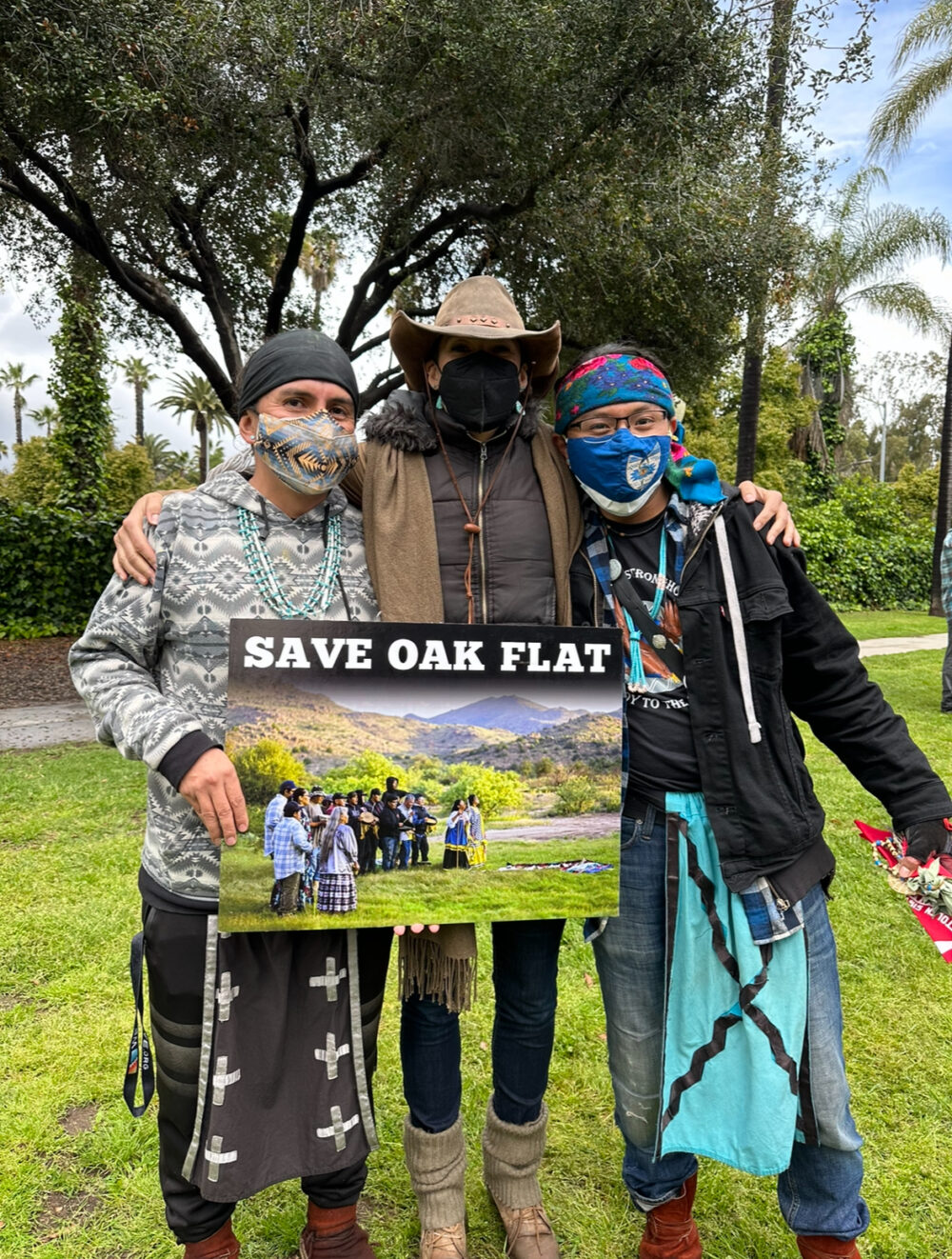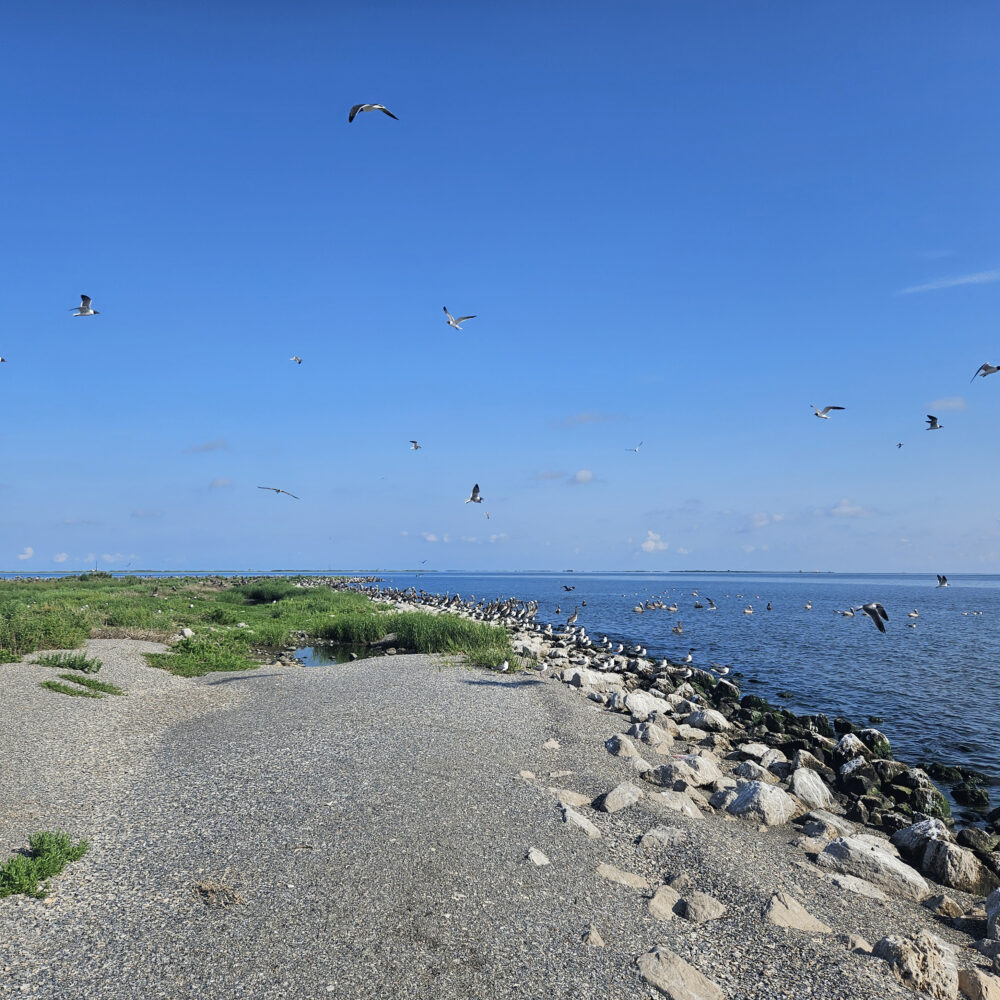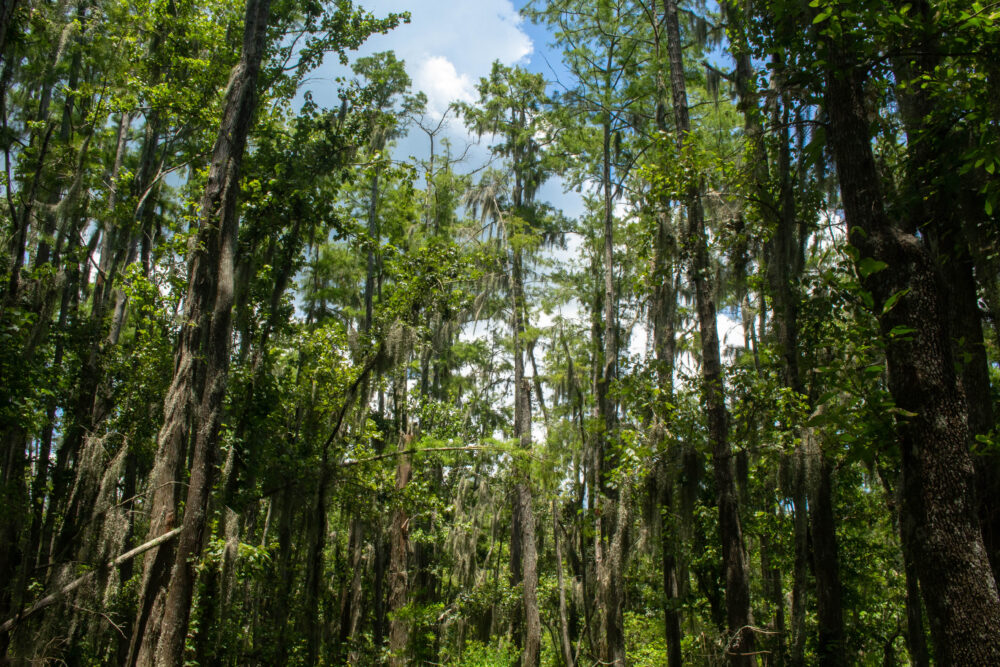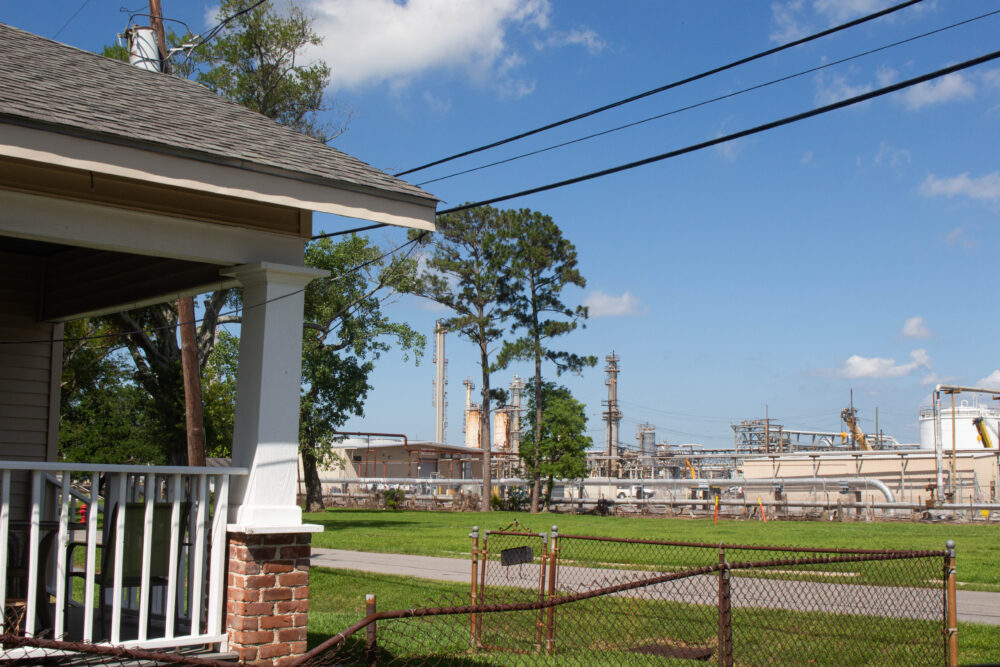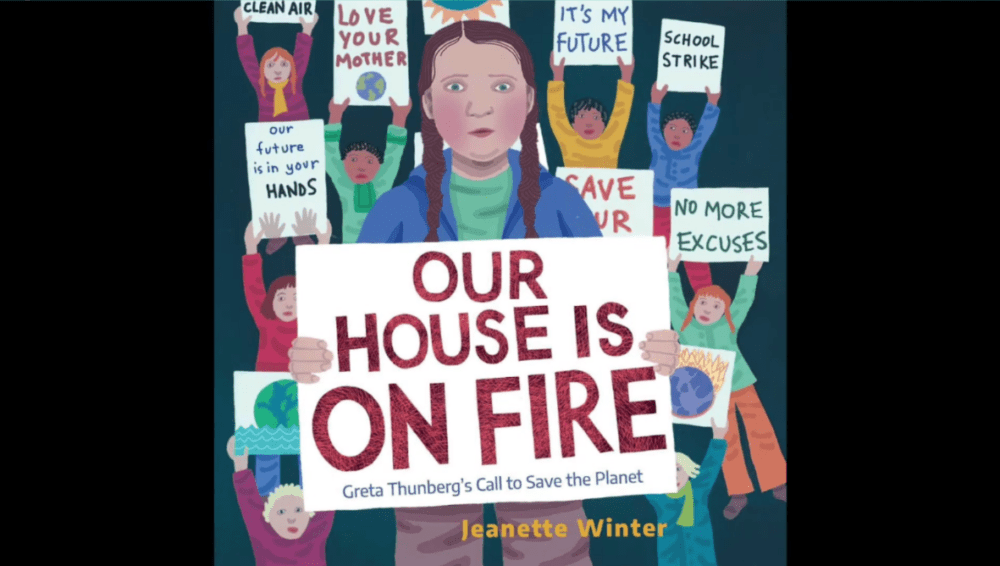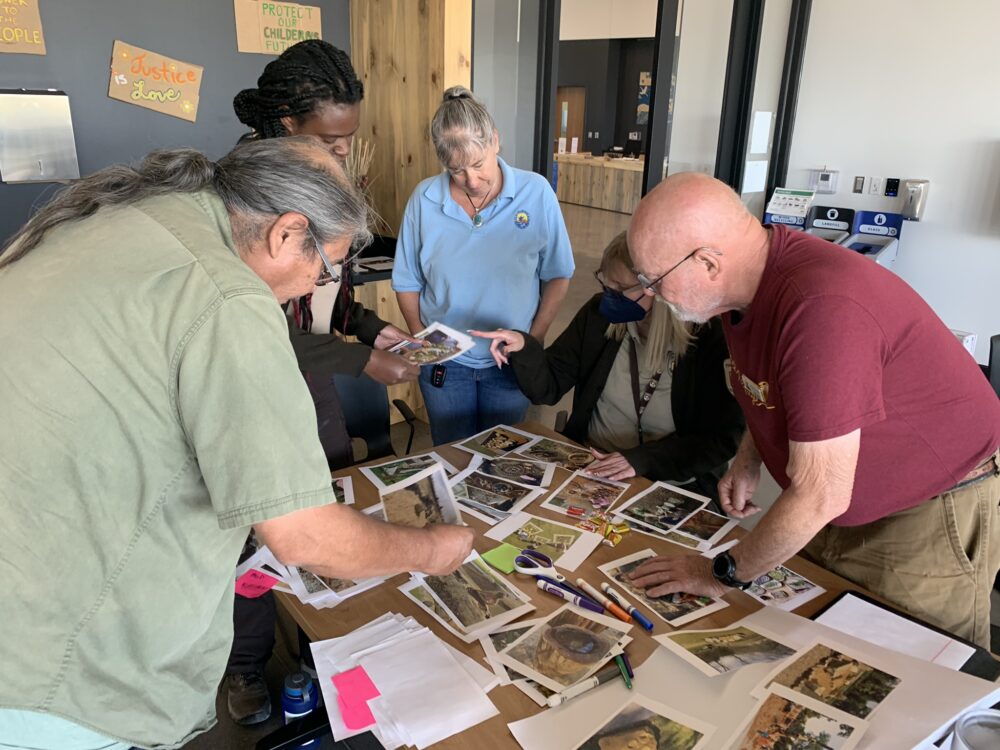We have much more to do and your continued support is needed now more than ever.
Earth Day Spotlight: Bryan Albrecht, Gateway Technical College

Dr. Bryan Albrecht serves as President of Gateway Technical College, has served as Chair of the American Association of Community Colleges’ (AACC) sustainability task force, and was honored as the National Association for Community College Entrepreneurship “2015 Entrepreneurial President”. Gateway represents three counties in Wisconsin and generates an economic impact of more than $400 million in jobs and purchasing power. The college, under Dr. Albrecht’s leadership, has become a hub of innovation in arenas such as water resources and clean energy.
Gateway has hosted national higher education sustainability conferences to position education and training for jobs in the clean, sustainable economy. Through that meeting and the project-based learning at the college, Dr. Albrecht’s team helped create the “Greenprint: A Plan to Prepare Community College Students for Careers in the Clean Economy: Equipping 20 Million Students with Sustainability Knowledge and Career Skills by 2025”.
Julian Keniry, of the National Wildlife Federation, recently interviewed Dr. Albrecht about the precedent and possibilities moving forward.
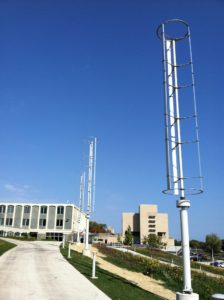
Q: Nationally, what is the role of the community colleges in creating the clean economy?
Albrecht: If you go back to the history of why community colleges were created in the U.S., the purpose in the 1900s was to create opportunities for young people and adults to gain skills that would allow them to be successful in new economies.
Now, more than 100 years later, that role has not changed. The focus on clean energy and sustainability and our impact on environment combined with technology, have driven how we think about our interaction with the world, especially the way that we perform at work. Community colleges have a natural connection to the effort of creating awareness and building a talent pipeline for new jobs, especially in a clean economy, whether automotive emissions or our own carbon footprint.
It was evident at the summit in Paris with the United States playing a lead role in helping to create standards the world can live by in reducing our overall impact. For us in America that means the middle class will need to be trained, primarily through our community colleges. So we have a huge responsibility.
Q: Speaking of which, most in my family who did attend college, attended a community college first. Is that common?
That is a story that has played out all across the country; the intent of the community colleges was to help stabilize and build the middle class families. Right now, there are 25,000 students attending Gateway Technical College and that is twice as many as attend the four-year university. They are individuals that are first generation college students. They may be retraining, upskilling current workforce skills, or they could be right directly out of high school. Primarily, they are ensuring they can raise families or stay working in the community.
In our overall design of our programs at Gateway, we want to be responsive to what industries are asking for, and yet watch the development and growth of our region. As Milwaukee and Chicago grow, it impacts our community. We want to be responsive to the opportunities while also maintaining our community benefits of fresh water and clean air. That takes a lot of balancing.
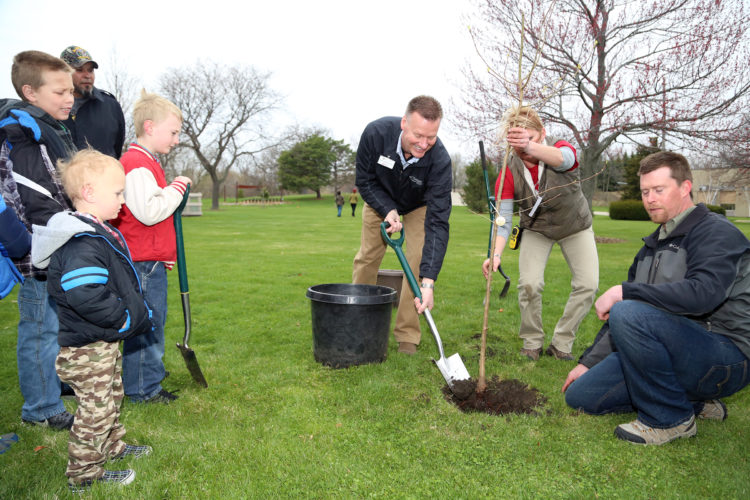
Q: It seems that community colleges are right at the center as leads in building the clean economy.
If you think about where our 911 operators trained, our first responders, community colleges are right at the hub of creating the clean economy. Water technicians, waste water treatment managers, those are primarily driven through community colleges. The front line services to develop communities are exactly the kind of training offered at the local technical or community college.
“The front line services to develop communities are exactly the kind of training offered at the local technical or community college.”
Q: Is there an international role for US community colleges in clean economy workforce development or entrepreneurship?
The United States played a very important role on a global stage in sharing a unique educational delivery model that is now being replicated across the world. China is looking to build 200 community colleges, India and Brazil are expanding programs.
At Gateway, we have 16 different international student exchange programs, including with Germany, and we have delegations of students going to Iceland, Nicaragua, and Belize. All of them are program-based. In Belize, we focus on urban farming. In Morocco, we have a partnership on automotive diagnostics. We’ve been to Holland, Iceland, China.
Just about every company now has some level of global presence, whether a large or small company, and it adds value to the resume to understand the issues the companies aregrappling with: including the global climate compact, or freshwater issues in places like Lake Michigan that impact Canada and the region. What happens in Wisconsin impacts Ontario. When you draw those analogies, we can see how we are all inter-connected and responsible.




